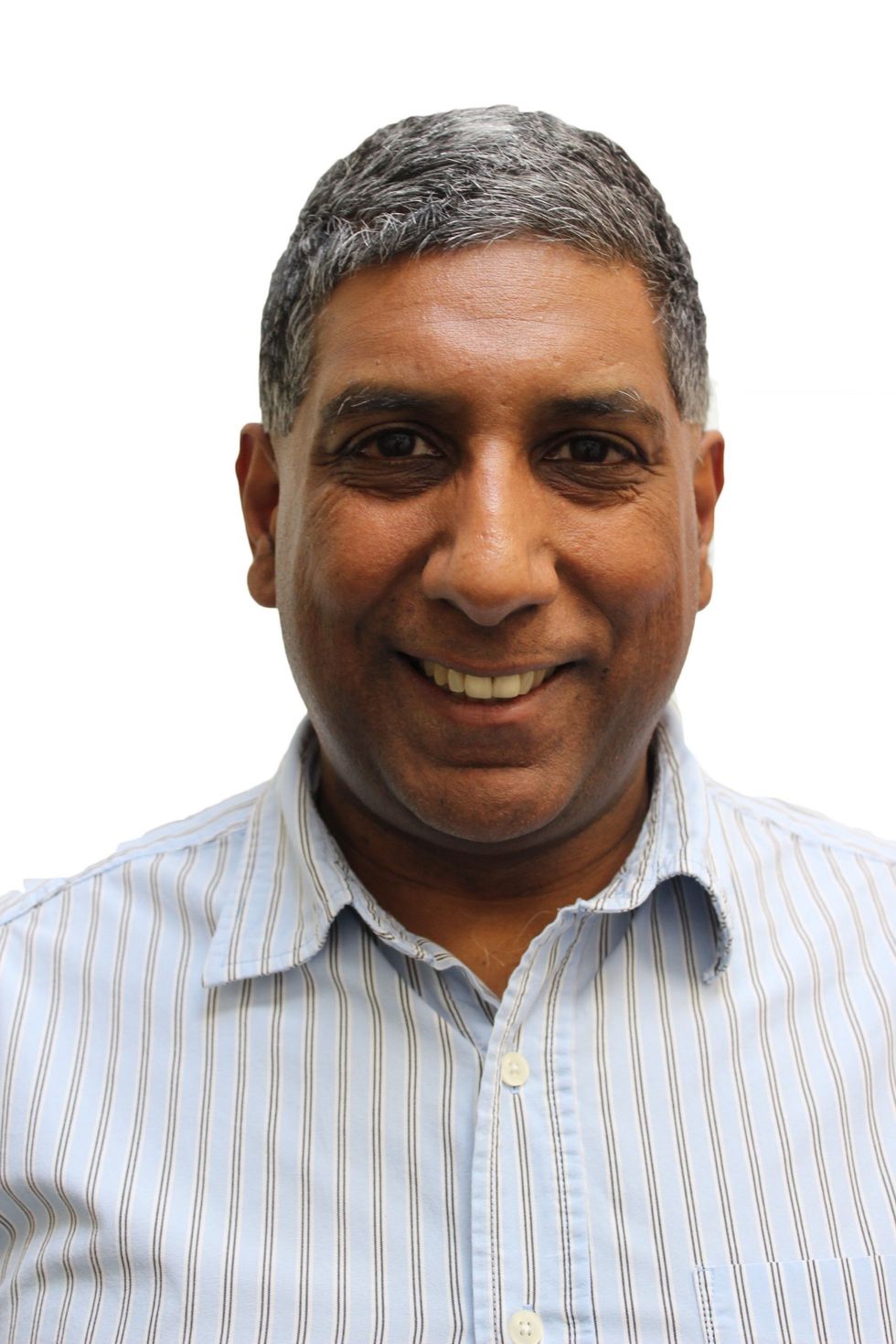THERE is a popular saying that madness is doing the same thing over and over and expecting a different result to materialise.
The police in Britain have failed to reflect the diversity of the community they serve and have failed on Sir Robert Peel’s founding description of policing, which was, “the police are the public and the public are the police; the police being only members of the public who are paid to give full time attention to duties which are incumbent on every citizen in the interests of community welfare and existence.”
What is going wrong and what can the police do? The Home Affairs Select Committee Report released last Friday (30) on race and policing focuses on evidence and the lack of progress and pulls no punches. It has been 22 years since the Macpherson report into why the white murders of Stephen Lawrence were not identified and prosecuted, with the blame down to “institutional racism”.
The police continue to rely on strategy, but fail to deliver effective action plans and bring about a change. The Black Lives Matter has added to the scrutiny police in England and Wales are receiving and their record on race examined.
No longer will warm words be sufficient; results are what communities demand. The police hierarchy, as well as the Home Office, are serial recipients of improvement reports on race and police, among them the Scarman Inquiry,the Morris Report, the CRE Report, the Macpherson Report, the Lammy Report.
Each and every time the reports say the same thing – the key metrics on recruitment, promotion, retention, stop and search, discipline are disproportionate against people of colour.

When challenged, the police will wring their hands and say that race is a priority. Martin Hewitt of the National Council of Chief Officers said, “Our policing style is based on legitimacy and our legitimacy is based on the trust and confidence of all communities.
“It is a fact that the trust and confidence levels within the black community are 20 per cent, or thereabouts, lower than the white communities, and that impacted on the trust and confidence for us to do what we do as a service.”
He goes onto to say, “So that means trust and confidence in terms of when we’re out and about, doing policing out on the streets and policing communities, as we need all our communities to have that trust and confidence.
“It’s only with that trust and confidence and legitimacy that people come forward, people report crimes, people become witnesses, people work with us, and … that trust and confidence leads to young black men and women saying, ‘I’m prepared to go and become a police officer.’”
So will this latest report make any difference or will we see the latest Home Office Select Committee report gather dust?
I gave evidence to the Home Affairs Select Committee in 2016 and made a number of recommendations, including holding individual chief constables to account, national performance objectives on race and equality and regular scrutiny by the Home Affairs Select Committee on race and diversity progress by the police.
My recommendations were based on my lived experience of the police leaders who were paying lip service to diversity, but rarely acting. That is why I suggested that police leaders were personally held to account and the progress or lack of it scrutinised by parliament in my recommendations.
Sadly, there was no political will or indeed police leadership desire to introduce measures that would work. The most disturbing result is that confidence in policing continues to wane in black and Asian communities; with a gap of 20 per cent between white and ethnic minority communities.
It was no surprise my recommendations were not implemented; instead, we have another report.
Unfortunately, successive home secretaries, chief constables and more recently police and crime commissioners have paid mere lip service to race and policing, but remained silent on the results.
It is only when we see leaders removed for their diversity failure will we see results. Despite these failures, however, damehoods and knighthoods are lavished on these failing organisations. I will leave you with an example of why I feel pessimistic.
The National Crime Agency – the UK’s answer to the Federal Bureau of Investigation (FBI) in the US – was set up in 2013 and had the chance to reflect diversity right from the start.
Today, only one of the 15 senior leaders is from an ethnic minority background.



















 His Highness Prince Rahim Aga Khan V
His Highness Prince Rahim Aga Khan V

Why the UK police force fails to improve diversity